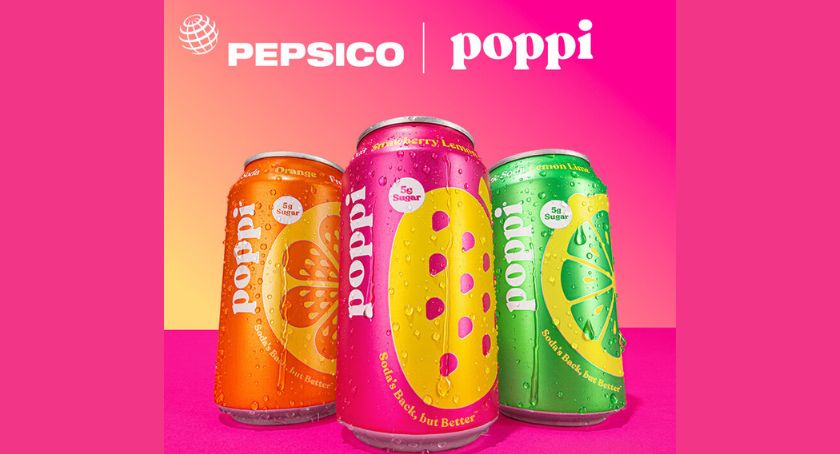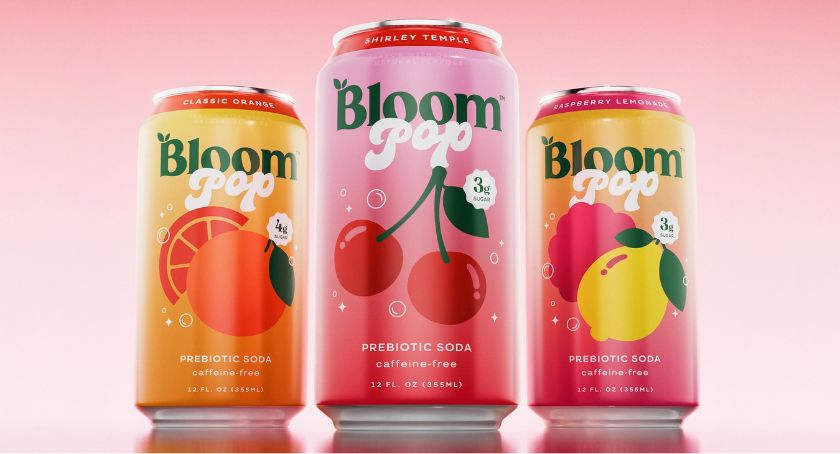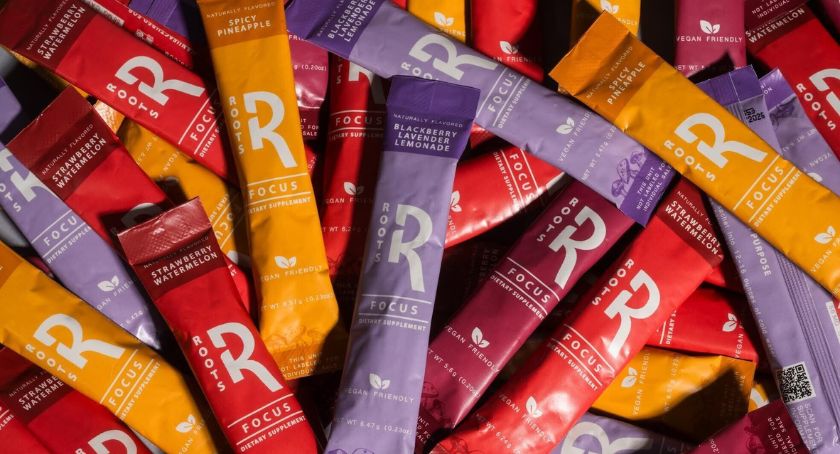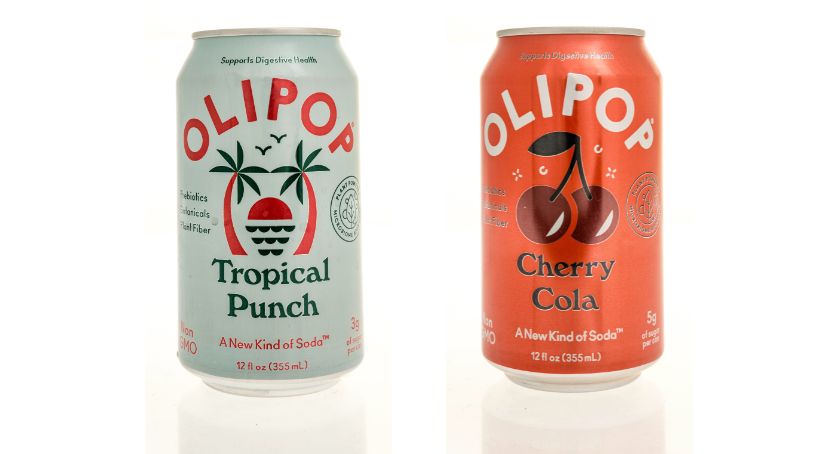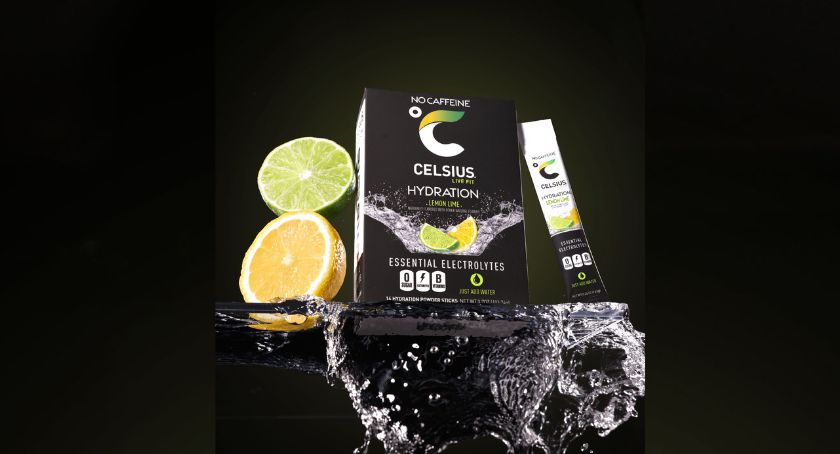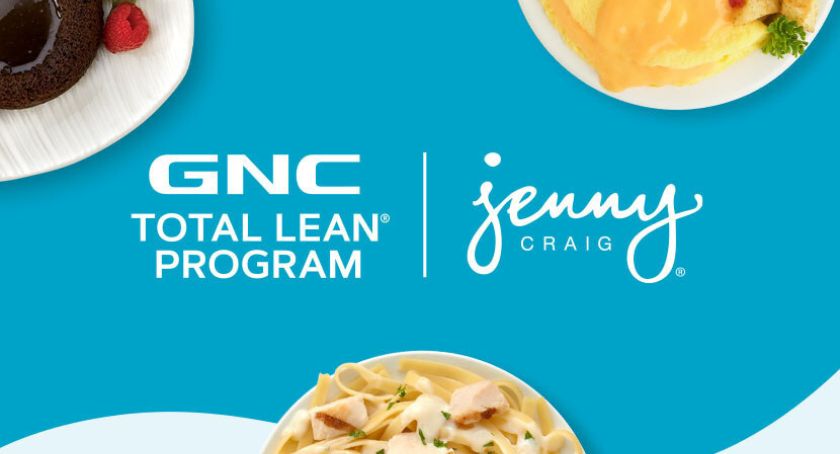Health E-Insights
Discovering Healthy and Unique Japanese Foods, Supplements, and Cosmetics
Success in international business hinges on mutual trust, according to Nori Shirai, Founder and Executive Director, PTG, Inc.
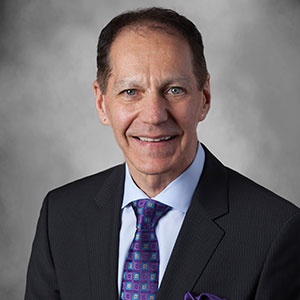
By: Sheldon Baker

Nori Shirai is the founder and director of Japan-based PTG Inc., a consulting firm striving to showcase hidden Japanese-made food and dietary supplement products. Established in 2022, PTG Inc. is proud to claim that small- and mid-sized Japanese manufacturers have excellent products perfect to be showcased in the international market.
Engaged in the international marketing business for over 40 years, Shirai has been stationed overseas three times. This includes the experience of turning around an overseas subsidiary with a significant deficit within four years and establishing another overseas subsidiary while bringing it to break even within five years.
Shirai’s unparalleled English communications skills make it possible to develop excellent relationships with global business partners (including subsidiary employees). Shirai notes that mutual trust brings business success. Most recently, Shirai was executive director and general manager of the international marketing department for Daiwa Pharmaceutical Co., Ltd. where he was responsible for international marketing.
Health E-Insights (HEI): Provide an overview of PTG and its services.
Shirai: PTG, Inc. is an international business consulting firm. Our major service is to help small- and mid-sized Japanese companies start exporting their food and dietary supplement products. Our primary goal is to help enrich people’s lives and quality of life by offering healthy and unique Japanese products not known in the international community.
HEI: You have been employed with large corporations, but obviously, you saw a need to launch your firm and service small- and medium-sized companies entering the U.S. market. Why did you make such a move at this time?
Shirai: Two major factors have been motivating me. One is that I learned through The Economist, a well-known international economic magazine about the drastically declining population in Japan. Their special Japan 2010 issue noted the Japanese population will decrease from 125 million to below 80 million by 2050. It said a quarter of the population will no longer exist. That is unprecedented in human history other than wartime or pandemic situations. I realize the Japanese economy cannot be sustained as it is, especially for small- and medium-sized companies who never do business internationally. They cannot survive only within the Japanese domestic market.
Second, I have encountered several occasions where Japanese products made by smaller companies are highly appreciated, whereas Japanese people are very shy and refrain from socializing with foreigners. So, I thought I could contribute because I have been working globally for more than 40 years. Recently turning 65, I feel I have done my Japanese social duties and can now do what I want. So, I ended my full-time employment status and started my own company.
“I believe Japanese quality is still well appreciated in the international market, especially parts of products. Other areas which Japanese can win high regards for are products requiring craftsmanship and food.”
HEI: Are you primarily focusing on working with supplement, food and beverage companies?
Shirai: Yes. My experience working in the international dietary supplement market for more than 20 years will help support companies in those areas.
HEI: What types of clients are you currently working with?
Shirai: The companies I am currently working with are in the traditional Japanese food, beverage, and cosmetic industries.
HEI: Is the current value of the Yen hurting business expansion to the U.S.?
Shirai: In Japan, yes. It helps exporting. A weak Yen lowers the exporting price in U.S. dollars thus it helps exports. However, we should not take the current exchange rate, which is about JPY150 to the U.S. dollar, for granted. Obviously, we don’t know what will happen in the future. Nobody can predict the future exchange rate, but I would recommend the export price could be Yen120-130 to the U.S. dollar.
HEI: There has been a high regard for Japanese manufactured products. Is this still true?
Shirai: Not as much as it once was. One reason is that China has emerged as a world factory, and their quality has improved and even become top-notch in some areas. However, I believe Japanese quality is still well appreciated in the international market, especially parts of products. Other areas which Japanese can win high regards for are products requiring craftsmanship and food.
HEI: Any trends taking shape in Japan?
Shirai: In the food section, I observed products with high prices but with excellent quality have gradually been appreciated by international markets rather than the Japanese domestic market. I recently visited a Japanese soy sauce factory on a small island in the western part of Japan where they traditionally produce soy-sauce using Kioke, in aged barrels. They said their soy product is not well-appreciated by the Japanese domestic market simply because of its high price. I learned foreigners visit that factory and purchase numerous amounts of their products. I see this trend applying to almost any Japanese food.
HEI: What opportunities are you seeing for your clients?
Shirai: It is different from client-to-client, and I cannot be specific due to confidentiality issues. However, I can say that the opportunities are related to health, high-quality, and sustainability. Regarding health, people are putting greater priority on their health. Since food plays an important role, people are looking for food that can contribute to their health and wellbeing.
Regarding high quality, people are looking not only for good taste but for natural and/or organic sources, and a product’s ethics. Regarding sustainability, these demands come mainly from the younger generation, both Millennials and Gen Z communities. The more manufacturers satisfy those needs, the more chances they will succeed.
HEI: Are you just focusing on the U.S. nutraceutical/food market or all of North America?
Shirai: I have a lot of experience working in the U.S. market for the past 20 years, but I will expand my consulting territory because my clients and potential clients want to grow their business globally, not just in the U.S. and North America.
HEI: Will you be forming affiliations with U.S. consultants to partner with you and your clients?
Shirai: Yes. I am trying to find opportunities to form affiliations. I cannot provide my consulting service alone. I need partners who are located in the U.S. and have expertise in their respective field. We have formed an affiliation with a U.S. brand marketing firm that already represents Japanese companies in the U.S. and that I am really excited about.
Japanese businesspeople are not aware of how a combination of marketing communications strategies need to be utilized, especially publicity generated by robust public relations campaigns and the positive awareness it can bring to a company and its products.
greater transparency, fostering trust and loyalty among our customers. Through continuous innovation and a deep commitment to our values, Luker Chocolate is poised to lead in the dynamic chocolate industry.
About the Author: Sheldon Baker is a full-time freelance writer who covers health and wellness and other fun topics for Nutraceuticals World, Rodman Media, and other publications. He’s based in Northern California near Yosemite National Park, and enjoys exploring worldwide destinations, especially New York City, Mumbai, India, and Sydney, AU. He’s also happy to hang out at home with his wife and the many young foster children in their care. Follow him on Twitter @SCB3128 or send him an email at sbaker@bakerdillon.com.



